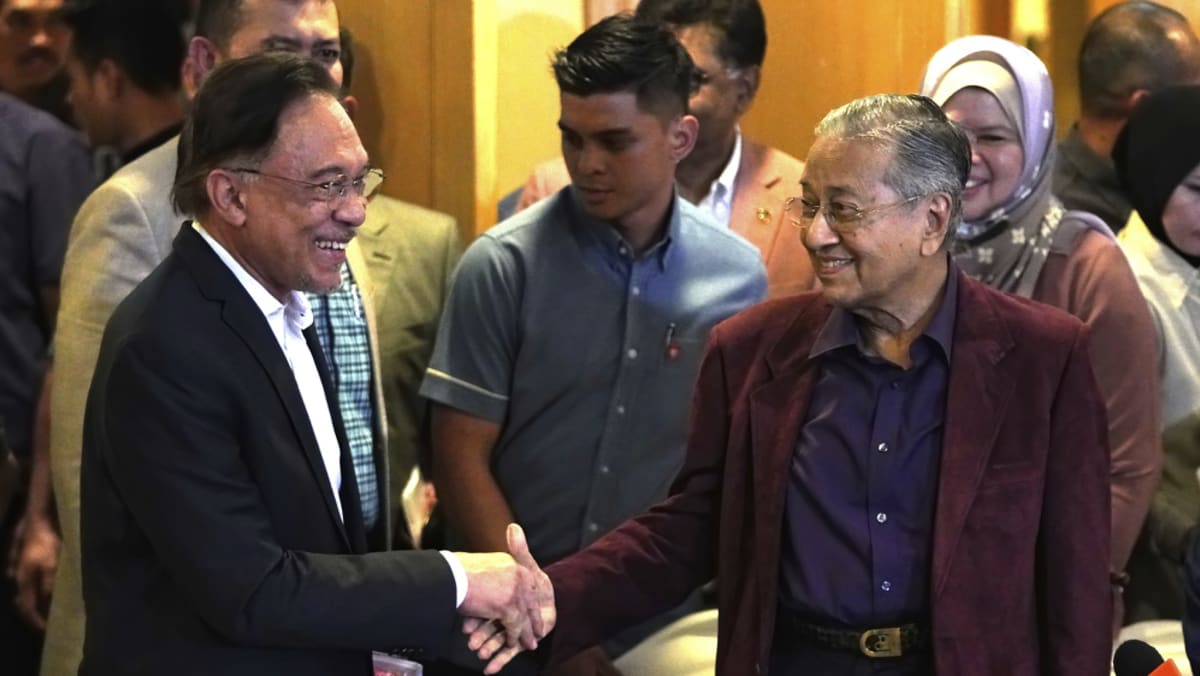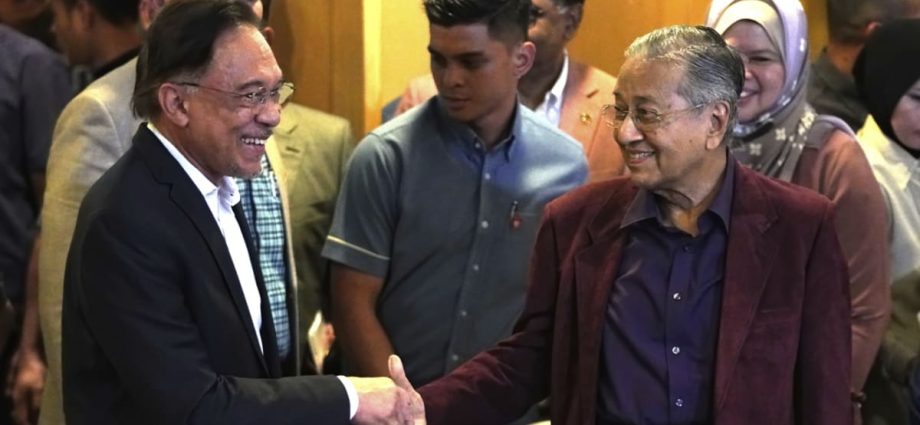
MUCH REMAINS UNCLEAR ABOUT UEM-RENONG DEAL
The probe into the UEM-Renong deal, however, could lift the lid on several controversial and unresolved episodes surrounding UMNO’s previously sprawling corporate empire. UMNO, which is the oldest political party in Malaysia, was booted out of power in 2018 and is now a junior member in Mr Anwar’s unity government.
Senior government officials close to the situation told CNA that the MACC is indeed probing the still-murky behind-the-scenes corporate manoeuvres that led to the controversial RM2.3 billion purchase of a 32.6 per cent stake in Renong by UEM. After 26 years, it is still unclear how and why UEM paid above-market rate for shares in its troubled debt-laden parent company in the middle of a regional financial crisis.
At the time, the equities structures of UEM and Renong featured a complex web of cross-holdings with businessman Halim Saad as the main controlling shareholder of both concerns. Renong and UEM had become the main recipients of government infrastructure contracts, including the North-South Highway toll road project, and both companies invested aggressively in a slew of sectors.
At its peak, the UMNO corporate empire under both Renong and UEM boasted 11 publicly listed entities in its stable, with interests in banking, real estate development, telecommunications, constructions and toll roads. But this rapid corporate expansion was built on the back of bank borrowings that were collateralised by shares of both companies.
The regional crisis that triggered weakness in the local currency quickly spread to the stock market and politically linked stocks, such as Renong and UEM were sold down by foreign investors – developments that led to the controversial Renong purchase by UEM.
The transaction, which Mr Halim failed to explain satisfactorily to investors at the time and which was suspected to be a bailout for Renong’s shareholders, pushed the economy into a tailspin.

